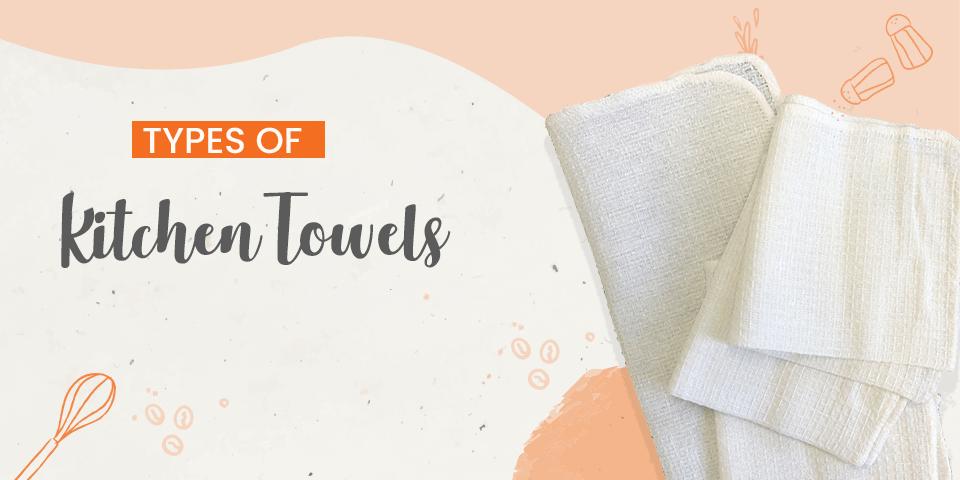Keeping your house clean is a never-ending job. After wiping up spills and messes, you then have to remember to wash the rags you used. Dish towels can be useful tools in the kitchen, but unless you wash them regularly, they can spread just as much filth as they clean up.
According to Reader's Digest, dishcloths are often some of the grimiest items used in the home. A study of 82 towels collected from home kitchens found that 14 percent contained Salmonella and 25 percent contained E. coli [PDF]. These rags come in contact with a lot of moisture and food matter—either through spills on your counter or dishwater on your plates—which makes them breeding grounds for microbes. When you use dirty kitchen towels to clean your hands, dishes, or surfaces that touch the food you eat, you can expose yourself to harmful pathogens.

It doesn't matter if the fabric looks relatively dry and stain-free—if a dishcloth has been hanging around your kitchen for a while, it's probably dirty. Towels that you use only to dry your hands after doing the dishes should be washed as often as your bath towels—i.e. once every three to four days. The moisture alone is enough to breed mold and mildew in the fabric's absorbent fibers.
Cloths that are used for bigger kitchen messes should be switched out more often. One day is the recommended limit for rags that tackle dirty counters, cutting boards, dishes, and stovetops. When a towel touches something especially nasty—like residue from raw fish, eggs, or meat—toss it in the hamper right way.
If you don't have time to wash your kitchen towels at the end of every day, consider stocking up on more so you can cycle them out regularly. Here are more household chores you're probably not doing often enough.
[h/t Reader's Digest]